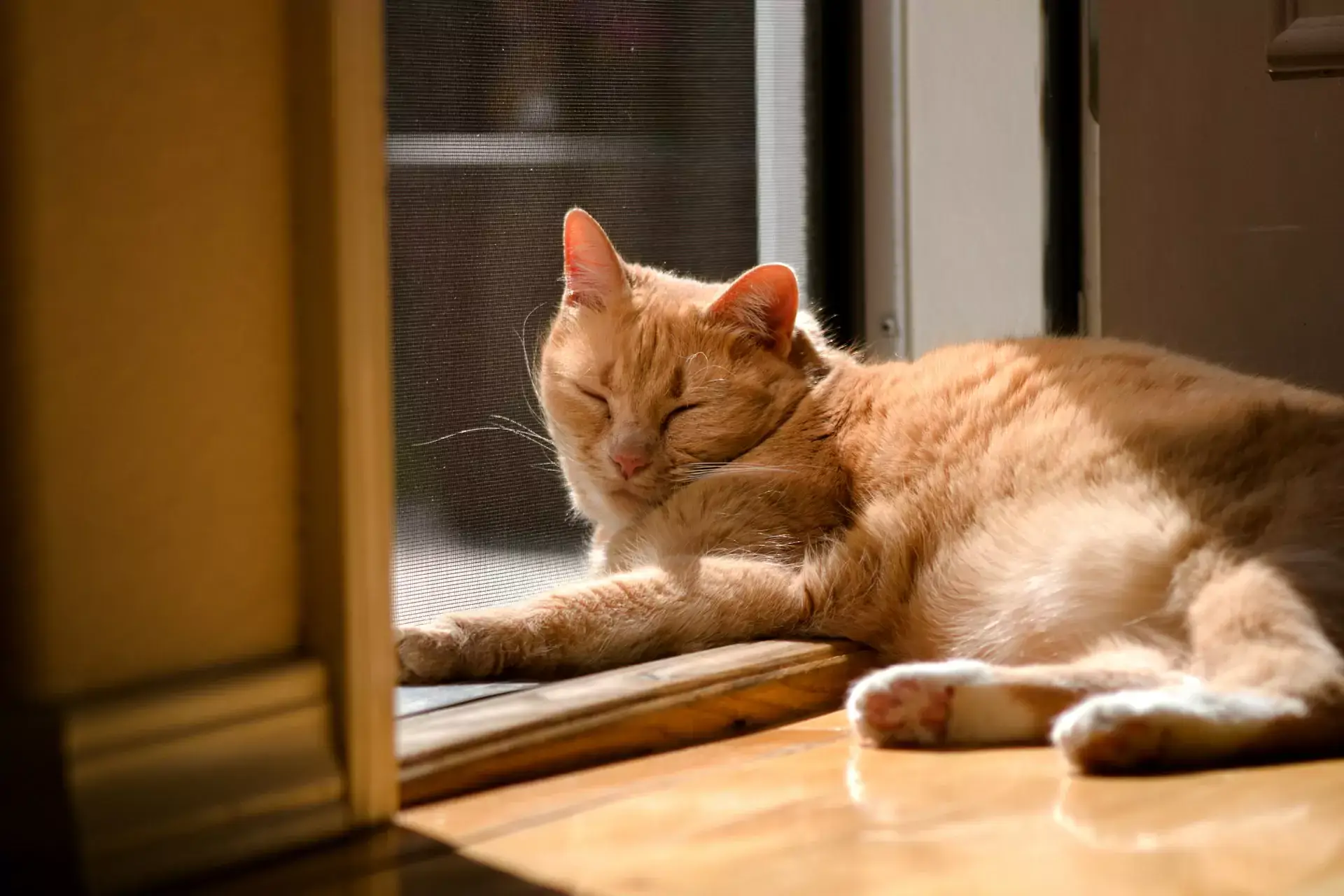Cute Tricks You Can Teach a Guinea Pig
Guinea pigs are more than just cuddly companions; they’re intelligent creatures capable of learning a variety of engaging behaviors that can surprise even seasoned pet owners. If you’ve ever wondered about the tricks to teach your guinea pig, you’re in for a delightful experience that goes beyond basic pet care. Teaching tricks not only provides essential mental stimulation for your furry friend but also strengthens the unique bond between you and your pet. From simple actions like coming when called or standing on hind legs to more complex feats like navigating mini obstacle courses or even playing fetch, guinea pigs can master a range of adorable tricks with patience and positive reinforcement. In this comprehensive guide, we’ll explore some cute tricks you can teach a guinea pig, offering step-by-step instructions and tips to make the learning process enjoyable and rewarding for both you and your pet. So, grab some of your guinea pig’s favorite treats, and let’s dive into the charming and entertaining world of guinea pig training.
Do you have a Guinea pig? These little guys, also called cavies, are super adorable! In fact, they can even learn some simple tricks. A Fort Myers, FL vet lists some charming ones below.
Come When Called
This one’s pretty easy! When your furball is out of his cage, make a show of putting some yummy food in his bowl, while calling his name. You can also call him while sitting on the floor and holding a treat out. Your cavy will probably come running.
Circle
Have you ever seen a cavy perform tricks to teach your guinea pig, like turning in circles on command? It’s even cuter than it sounds! Hold a tasty treat in front of your guinea pig, just out of his reach. When your pet tries to grab the snack, gently guide your hand in a circle. This directs him to follow the motion. Use a consistent vocal command like ‘Circle’ or ‘Spin,’ and reward him with the treat once he completes the move. Repeat this process consistently. Over time, your adorable companion will link the command with the action of turning in a circle and receiving a treat. You can then introduce the command earlier in the process, reinforcing this delightful trick.
Stand Up
As with the Circle trick, you’ll need a yummy treat. Hold it just over your furball’s head, so he has to stand up to reach it. When he does, say ‘Stand’ and offer him the treat. Just don’t overdo it: it isn’t good for cavies to stand on their back legs for too long.
Jump Through Hoops
Teaching your guinea pig tricks can be a delightful and bonding experience. This trick is slightly more advanced, yet incredibly adorable. First, secure a hoop—pipe cleaners work well for a makeshift one. Place the hoop directly on the floor, holding it steady with one hand. With your other hand, entice your guinea pig by holding a treat on the opposite side of the hoop. As your furry friend moves through the hoop to reach the snack, enthusiastically command, “Jump!” Gradually, raise the hoop higher with each successful attempt. This method not only teaches tricks to your guinea pig but also enhances its agility and trust in you.
Go Home
Teaching your cavy to go into his cage when called is both cute and convenient. It’s also quite easy. When your furball is watching you, toss some yummy snacks into his cage, and say ‘Go home.’ Just keep repeating this until your pint-sized pal goes into his cage on command.
Tricks to Teach Your Guinea Pig: 2025 Training Prerequisites and Methods
What prerequisites are needed before starting training?
Before beginning training with a guinea pig, it’s essential to establish a calm and trustful environment to foster learning. Ensuring the pet is comfortable and familiar with its handler and surroundings aids significantly in receptiveness to training. Consistency in commands and rewards, such as treats, accelerates the learning process. Moreover, training sessions should be short to keep the guinea pig engaged and prevent stress, as prolonged sessions can lead to fatigue. A clear understanding of the animal’s physical limits, especially for tricks like standing, is crucial to avoid health issues.
How do you prepare a guinea pig for training?
To prepare a guinea pig for training, begin by establishing a trusting relationship through gentle handling and daily interaction. Ensure the environment is calm and free of distractions to help the guinea pig feel secure. Use favorite treats to motivate and reward positive behavior during training sessions. Keep these sessions short to maintain the animal’s attention and prevent stress. Consistency in commands and routines will aid in reinforcing learned behaviors. Patience and positive reinforcement are crucial, as guinea pigs respond best to gentle encouragement and repetition.
What precautions should you take when teaching physical tricks?
When teaching physical tricks to a guinea pig, ensure the pet’s safety and comfort at all times. Avoid overexerting the animal by not requiring it to stand on its hind legs for prolonged periods, as this can be harmful. Use positive reinforcement with treats to encourage participation, making the learning experience enjoyable. Create a safe environment free of obstacles or hazards that could cause injury during training. Pay close attention to the guinea pig’s behavior, and discontinue any activity if signs of stress or discomfort appear. Patience and gentle handling are key to successful and safe trick training.
What is positive reinforcement training and how does it work?
Positive reinforcement training involves rewarding a desired behavior immediately after it occurs, encouraging the animal to repeat it. In the context of training guinea pigs, as exemplified with tricks such as ‘Come When Called’ and ‘Circle,’ trainers use treats to reward actions like responding to names or performing a spin. By consistently associating treats with specific commands, guinea pigs learn to connect verbal cues with actions and rewards. This method not only teaches pets new behaviors but also strengthens the bond between the pet and the owner through positive interactions.
How do you properly mark and reward behaviors?
Proper marking and rewarding of behaviors in guinea pigs involves timely and consistent reinforcement. To effectively train a guinea pig, use a clear, distinct command immediately followed by a treat when the desired action is performed. This teaches the animal to associate the verbal cue with the behavior and the reward. It’s crucial to keep treats appealing yet small to maintain your pet’s health and interest. Always be patient and repeat commands regularly, as repetition solidifies learning. Avoid over-training, particularly in physically demanding tricks, to prevent stress and injury in your pet.
As your Fort Myers, FL pet hospital, we’re here for you. Call us anytime!





